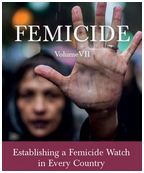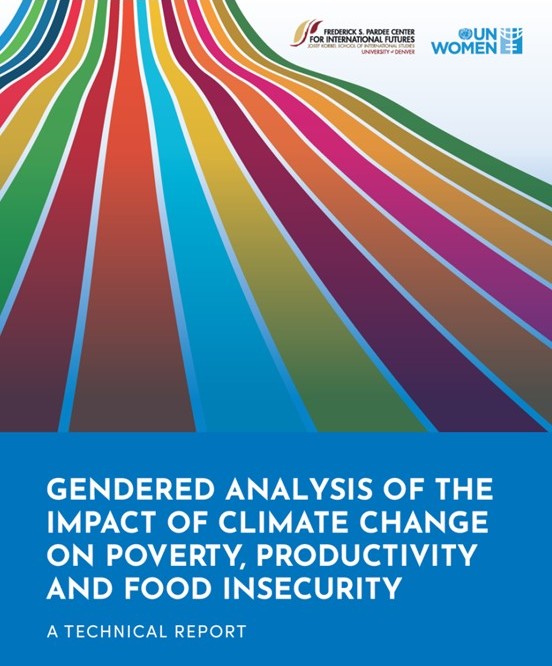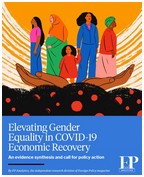Femicide – Establishing a Femicide Watch in Every Country
Извор: WUNRN – 20.04.2018

http://www.ohchr.org/EN/NewsEvents/Pages/DisplayNews.aspx?NewsID=22510&LangID=E – 7 December 2017
UN Expert on Violence Against Women Urges Worldwide Adoption of Femicide Watch or Gender-Related Killings Observatories
Direct Link to Full 80-Page 2017 FEMICIDE Publication
Preface – https://acuns.org/femicide-volume-vii-establishing-a-femicide-watch-in-every-country/
Unless there is accurate and comparable data collection on a given crime, there will be no proper understanding of it and no effective strategy with which to combat it. Having clear data helps law makers and government officials win the public’s support for tackling it through targeted prevention and investigation resources. Femicide has been defined as murder of a woman by an intimate partner or family members and the targeting of women by criminal gangs or as a weapon of war. It has been universally recognised as a crime. But how do horrific crimes of this type so often slip under the radar? Why is it so difficult to collect data on such an abhorrent criminal activity and, subsequently, to arrest the perpetrators?
In 2015 Dr. Dubravka Šimonović, UN Special Rapporteur on Violence against Women called for “the establishment of femicide watches or observatories on violence against women which should collect data on gender related killing of women and femicide and analyse, with the assistance of interdisciplinary review panels, all femicide cases including court decisions in order to identify gaps in the intervention system, criminal justice and criminal procedures system, as well as risk factors to prevent and protect women and girls from those killings.”
FEMICIDE VII will provide a special focus on data collection on femicides: what the challenges are, what is being done currently, and what we should be doing in the future.
On 25 November 2016 in Vienna, Austria, experts from around the world gathered for an ACUNS/OSCE UNODC symposi-um entitled “Combating Femicide”; Dr. Šimonović reiterated the importance of establishing a Femicide Watch in each country. Excerpts from this conference are featured in this publication; they include UNODC Deputy Executive Director Aldo Lale-Demoz, the Austrian Ambassador Clemens Koja. and Biljana Branković, member of the Group of Experts on Action against Violence against Women and Domestic Violence.
We felt it essential to include a chapter on Latin America in this publication. Through various actions by the public, most notably the movement NiUnaMenos and other women’s organizations, laws have been changed in many countries of Central and South America, in part thanks to the collection of data. This campaign has been very successful across Latin America to raise public awareness and put pressure on governments to better tackle violence against women and invest more in preventive measures.
Outside of Latin America, other groups are having an impact. Sick of the police‘s apathetic approach to reporting on femicides, Karen Ingala Smith, who also spoke at the November 25 OSCE symposium, started to record victims of femicide herself. As a result of her initiative, the volunteer-run Femicide Census project was established in the UK. Another article in this publication comes from the Minnesota (US) Battered Women’s Coalition, which has been compiling an annual report on femicide for nearly thirty years. We are also very pleased to feature contributions from the some of the experts who took part in the EU COST action “Femicide across Europe” study.
Para nuestros lectores del mundo hispano, tenemos algunos artículos disponibles en español.
Through hard data, we can change laws; through laws, we can then work on changing attitudes to femicide. We hope that FEMICIDE Volume VII not only outlines the importance of data collection but also contributes towards the establishment of Femicide Watches around the globe.
–Helen Hemblade and Michael Platzer


